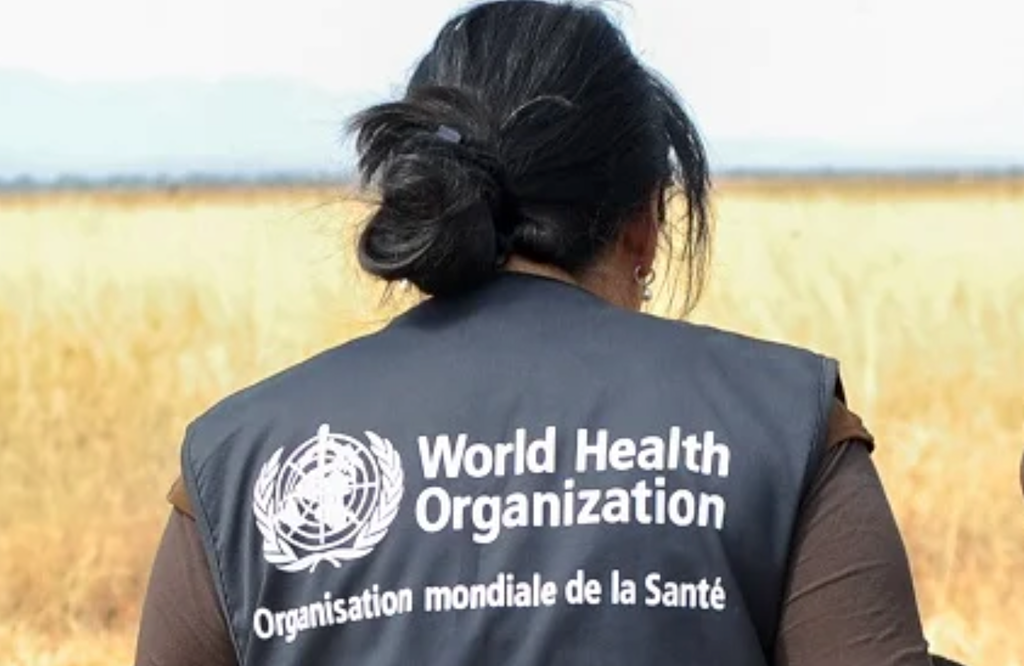By Biola Sobowale
“History does not repeat itself; man does” – Barbara Tuchmann, Harvard University History Professor.
Tuchmann is the world leading historian on 13th and 14th century Europe. I read one of her books years ago; packed full with the bloodshed brought about by ambitious men (and some women) over 200 hundred years. It is difficult to fault her conclusion that human beings down the ages continue to repeat the same mistakes; commit the same blunders and water the soil with the blood of fellow humans – for vainglory.
This third part in the series PANDEMIC PUTIN’S POWER PLAY represents an interlude for three reasons. First, as a guest on the SATURDAY VANGUARD, I don’t want to wear out my welcome. Better to leave with some applause. Second, the Russia-Ukraine War is entering a phase which is familiar to those of us who have read a lot of history of wars from times before Christ. I will describe the new phase and what we should reasonably expect from now on. Third, I want to use the break to go to the library and my books in order to improve on what went before – when I resume.
A GLANCE AT THE PAST TWO WEEKS
“Liars ought to have good memories” – Algernon Sydney, 1622-1683.
Algernon lived long before Putin’s war started. So, he never knew the current Russian Foreign Minister. In part 1, readers were reminded about what I wrote about Ambassadors (including ours). “An ambassador is an honest man sent to lie abroad for his country.” (Henry Wolton). The point was made that the Russian Foreign Minister was probably never honest because dictators don’t like honest people around them.
Turkey decided to mediate the dispute. On the eighth day of the war, the two ambassadors met in Istanbul. Most of the whole world was astonished when the Russian ambassador, with a straight face announced that “Russia has not invaded Ukraine”. I was not surprised. The man was not addressing the whole world; he was talking to Putin. His survival does not depend on what the rest of us think. It is what Putin thinks that matters to him. And, if Putin wants him to disgrace himself publicly, so be it. He will gladly do it. At any rate, in war, truth is frequently the first casualty.
SETBACKS FOR PUTIN AND MORE BLOODSHED TO FOLLOW
“Anybody can start a war; but, nobody can predict how and when it will end” – American Army General, 1970.
Putin should have read WAR AND PEACE written by his late fellow countrymen, Leo Tolstoy, 1828-1910. it was about Emperor Napoleon Bonaparte, 1769-1821, and his invasion of Russia. Napoleon already had most of Europe under his boots; he wanted more. Specifically, he wanted Russia added to his empire; and to make it more attractive as a prize, it was very big and very weak. It would require no more than a few weeks to subdue it. So, he marched into Russia. Two years after, as the few surviving French soldiers were heading back to France, Napoleon uttered the famous words. “From the sublime to the ridiculous is but one step.” The Russians won the war almost without firing a shot. They just made Napoleon and his mighty forces to wear themselves out.
Putin could also have learnt from Russia’s and America’s misadventure in Afghanistan – when Russia invaded the country and was chased out by a rag-tag army of the Taliban. On that occasion, victory was also regarded as easy to procure and assured. History did not repeat itself; men did.
Obviously, in each instance mentioned (and there are dozens in history) the invader was defeated by hubris, by complacence and the feeling that the weaker side had no alternative than to surrender. We have observed this sort of thing in Boxing tournaments. A Foreman or Mike Tyson, who had knocked out his previous opponents within five rounds, finds himself in the ring with an opponent in the seventh round. Panic sets in; fatigue also. Russia is now experiencing the consequences of over-confidence.
UKRAINE ADOPTS GUERILLA TACTICS TO PROLONG THE WAR
“The enemy advances; we retreat; the enemy camps; we harass; the enemy tires; we attack; the enemy retreats; we pursue“ – Late Chinese Chairman Mao Tse-tung, 1893-1976.
Mao, the supreme revolutionary, wrote the book on guerrilla warfare and how to conduct it if one’s side cannot engage in frontal attack. Central to the strategy is patience; which means the weaker wears out the stronger by letting the conflict drag on for as long as possible. The adventure becomes more expensive than envisaged and the invader’s people suffer more than expected. This is the stage of the war in Ukraine now. It has become a waiting game.
I am writing this interlude on Day 20 of Putin’s war. That is approximately ten days longer than Purin expected this war to last. By surrounding Ukraine with overwhelming force for weeks, before invasion, he had expected capitulation without a shot being fired. He was shocked by the defiance. Yet, all Mr Zelensky, the Ukrainian President and his military advisers did was to do to Russia in 2022, what Russia did to France over 200 years ago. They planned a methodical evacuation of the women and children to other countries; and left ghost towns and cities for the Russians.
Furthermore, they ensured that their armed forces are scattered in small, mobile fighting units – each supplied with sophisticated weapons, missiles and deadly drones. They retreat when the Russian forces advance ( the USA and NATO keep them informed of all Russian movements); then launch an attack at the back of the Russians or ambush them; harass them when they rest and escape as fast as they could.
This has produced two results. One, as the casualty figures reveal, the Russians have killed more civilians than Ukrainian military men. So, Ukraine has so far kept most of its fighters alive. Two, out of frustration, Putin is forced to attack more civilian structures – hospitals, residential buildings and schools. The attacks on those targets induce more global financial and military support for Ukraine and more hatred for Russians. These are two of the many unexpected consequences of the situation in which Russia finds itself now. But, there is a third one which raises long term concerns; as well as the possibility that, contrary to what most people thought after World War II, World War III might occur in this century sooner than we think.
GERMANY RE-ARMAMENT, NEW ARMS RACE BEGINS
“A week is a long time in politics” – British Prime Minister, Harold Wilson.
If a week was a long time in the 1970s, when Wilson was the Prime Minoster of Great Britain, then it is like eternity now. As the war entered its 20th day, one of the most dreaded consequences occurred. Germany, which hitherto, had been trying to develop a closer relationship with Russia, had reversed itself. Remembering the old maxim, “if you want peace prepare for war”, the new German Chancellor, Olaf Scholz, this week announced that his government will increase military spending by $100bn as a prelude to making greater efforts to re-arm Germany. Scholz has not said it categorically, but Germany can see very clearly that nobody will come to its defence if Russia decides to attack. Better to take the fate of the nation in their own hands and not depend on the North Atlantic Treaty Organisation, NATO or the USA.
That shift in policy by Germany must send shock waves throughout the world – not just Europe. The world’s fourth largest economy and the biggest in Europe, has a long history which creates fear in the minds of other nations once it embarks on re-armament. In the 19th century, in the Franco-Prussian war, 1870-1871, in which Germany was led by Chancellor Otto von Bismarck, 1815-1898, was the bloodiest war ever in Europe – up to that time. Bismarck, known to history as “Iron and blood”, did not earn the nick name for nothing. He left the world with a statement carved on stone. “Not by speech-making and the decisions of majorities, will the great questions of the day be settled – that was the great mistake of 1848 and 1849 – but by iron and blood.” The world saw more razor sharp blades of bayonets spilling more blood in that war than any time in history.
As it turned out, that was only a rehearsal. Germany was again at war during the first World War, WWI, 1914-1918. Far more blood was shed than during the previous century. When it ended a horrified world declared it “a war to end all wars”. They forgot to ask Germany.
Adolf Hitler, German Chancellor, as we have noted in the first two parts of this series, had other ideas. World War II started in 1936 and ended in 1945 – started by Germany. Again, another world record was created in terms of “iron (read weapons) and blood (read millions of people slaughtered). If we are to rely on historical precedents, then we must conclude that every German arms build up is only waiting for a Bismarck or Hitler to start a war.
Germany has been quiet since 1945 while other nations – US, Britain, Israel, Iran, Iraq etc — have had their turns spilling blood. And, for a while, it appeared as if, like a dormant volcano, it might never erupt again. Now comes Putin’s war; and the “giant” has woken up once again. Putin and I will probably not be around when a newly-armed Germany engages Russia for a rematch of the WWII conflict. It has the means to prepare for one.
“Endless money forms the sinews of war” – Cicero, 106-43 BC.
Putin now reminds me of the big bully who once picked a fight with a smaller fellow years ago. In the process of fighting, they woke up the strongest man in the neighbourhood. The first person he dealt a dirty slap was the bully. German re-armament is not aimed at Ukraine, Belgium, Finland etc. Russia will receive the first slap when it is ready.
Because endless money usually can procure a lot of arms Russia is at a distinct disadvantage. Germany is richer. Its Gross Domestic Product is $3.693 trillion compared with Russia’s $1.578 trillion. Germany has decided to use its enormous economic advantage to pursue balance of power in Europe in order to secure peace for itself. Unfortunately, the verdict of history does not support Russia or Germany. Here is the reason.
“If the phrase of the ‘balance of power’ is to be always an argument for war, the pretence for war will never be wanting, and peace can never be secure.”
John Bright, 1811-1889. Speech in the House of Commons, March 31, 1854.
Putin might have inadvertently started a German against Russian war in the future by invading Ukraine now.
WHAT TO EXPECT FROM PUTIN’S WAR
“It is possible to forecast anything except the future.” Neils Bohr, 1885-1962.
I agree with Bohr, a Danish physicist, up to a point. Nobody can accurately forecast everything in the future. But, human beings, in times of great uncertainties and danger, still want to have some idea about what to expect tomorrow or next month or next year etc in order to make decisions today. That is why we have history and experience to guide us – however imperfectly. So, below briefly are some of the things we should expect.
1. Unless Russia can secure victory within a few weeks, Putin will become more desperate than he is right now; and a wider war might follow. Already, Russian forces, finding the Ukranians tougher to subdue than expected are attacking civilians – women and children. That is a demonstration of cowardice (Tyson biting his opponents ear); not courage. They are also committing war crimes. That means they are demoralised.
2. In today’s world of instant reporting of battles, billions of people worldwide are witnessing Russian atrocities – LIVE. The country is rapidly becoming a pariah nation. Others will want to dissociate themselves from it.
3. Putin had better win this war. Otherwise, he will soon discover that nobody can play god at will. His place in history is already mostly decided. The Russian economy has been clobbered. It is ranked number eleven today; it will certainly slide after this and remain lower in rank for years. Some of the multi-nationals which left will not return soon.
More importantly, in less than twenty years, Germany might become, once again, the strongest military power in Europe. Prepare for World War III.
4. A global economic recession will follow the disruption of commercial activities all over the world. No country ever enjoys the cooperation of the world for getting everybody in trouble.
5. Nigeria, already facing enormous challenges, before Putin’s war will move closer to the brink of disaster – unless drastic steps are taken to stimulate the economy. As has been said in the past, every crisis contains a mixture of problems and opportunities. We still have opportunities waiting to be exploited. For instance, we don’t have as much housing shortage as we think. We can crash rents and put more money in peoples’ pockets to stimulate aggregate demand and consumption. The Federal Government can increase revenue generated considerably and reduce imports.
6. This war will not solve any problem; most likely, it will create new ones. It is the wrong war, in the wrong place and wrong time; as well as wrong reason. Mankind’s search for perpetual peace will not come to an end as a result of this war. Certainly not.
LAST LINE: I take a break, unless there is a significant development.


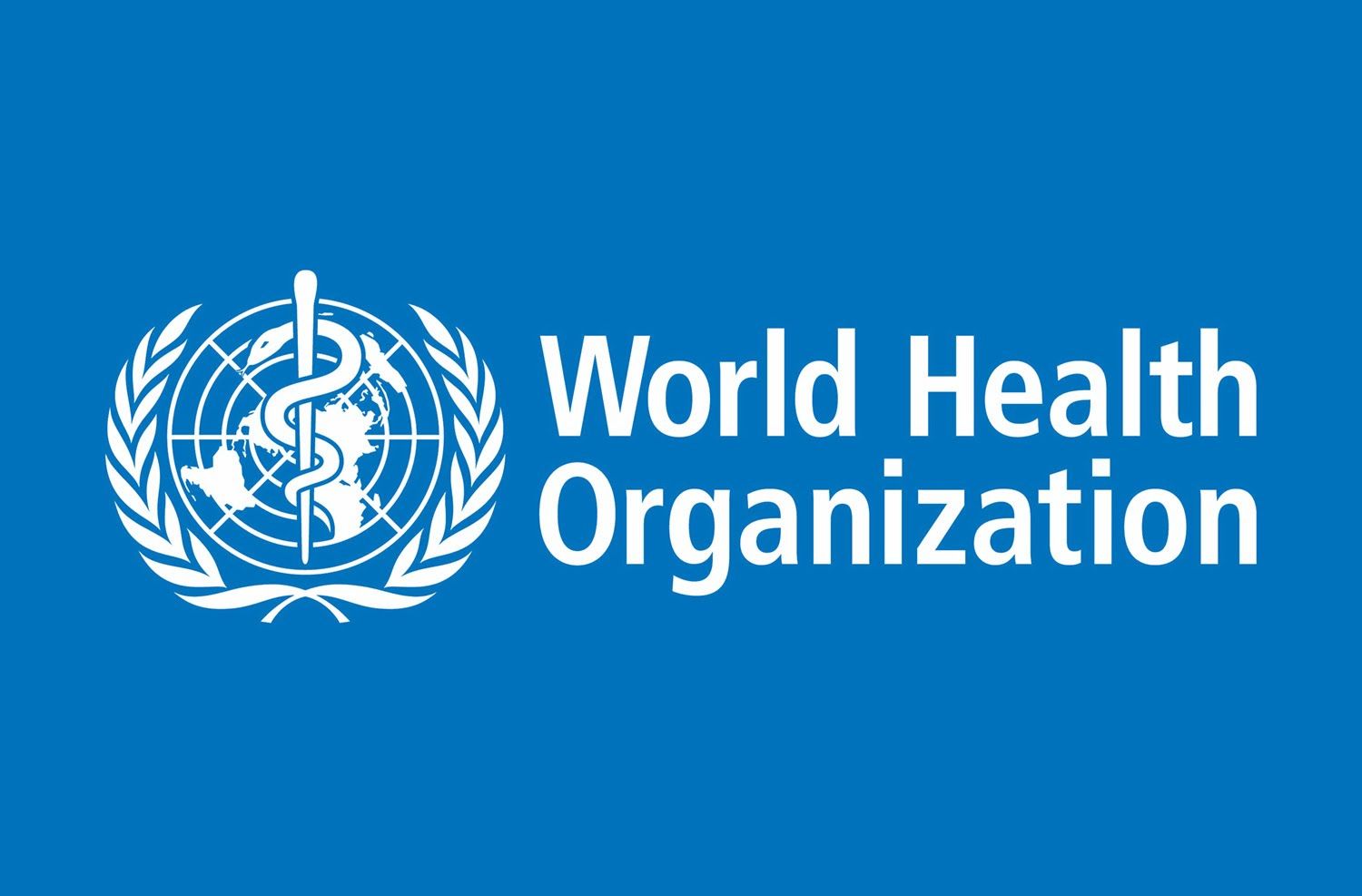
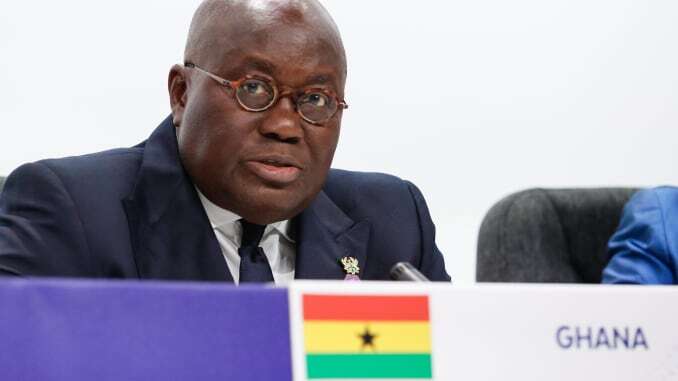
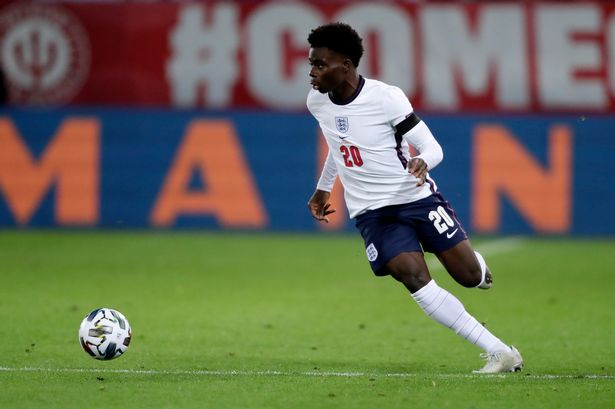
![Pandemic Putin’ power play [3] – By Biola Sobowale](https://thenewsguru.ng/wp-content/uploads/2017/02/delete-13.jpg)
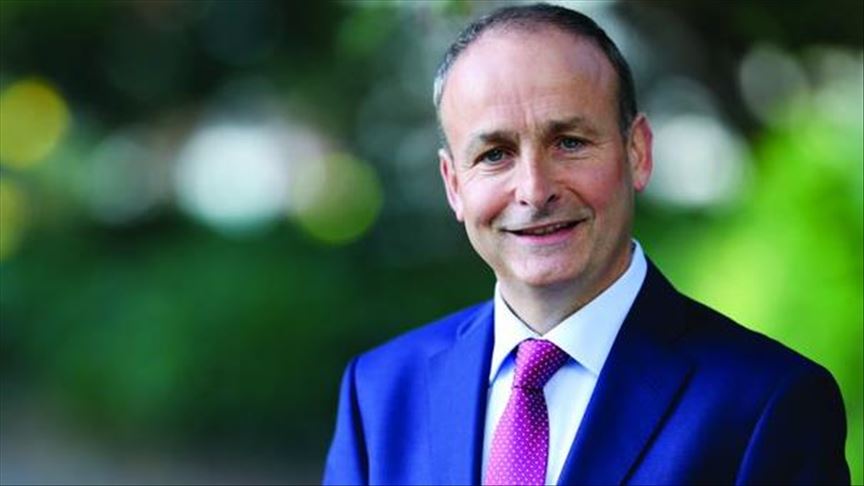
![[Devotional] IN HIS PRESENCE: Teach us to number our days](https://thenewsguru.ng/wp-content/uploads/2021/12/Screenshot_20211202-092925.png)

